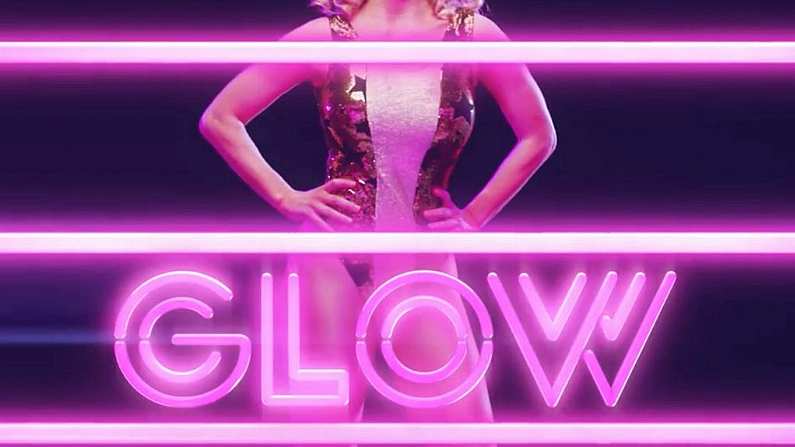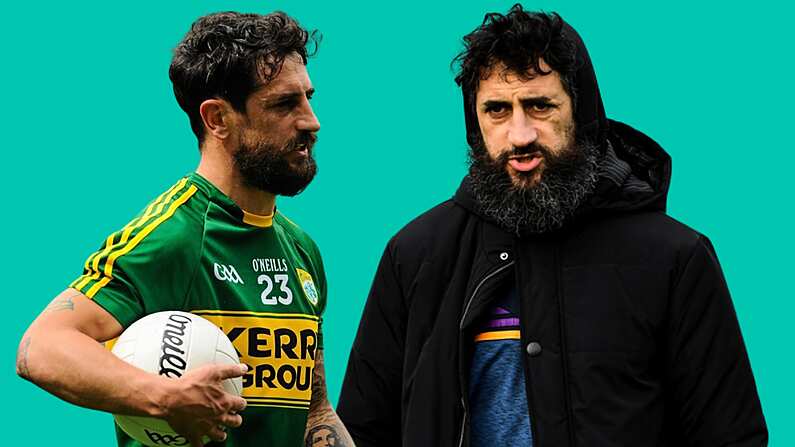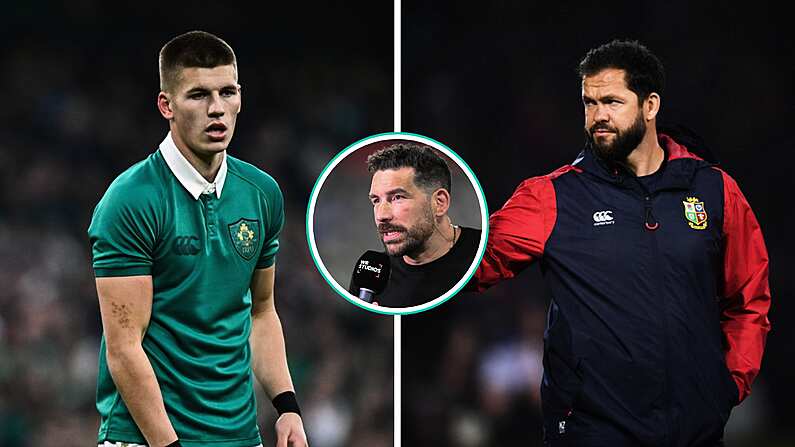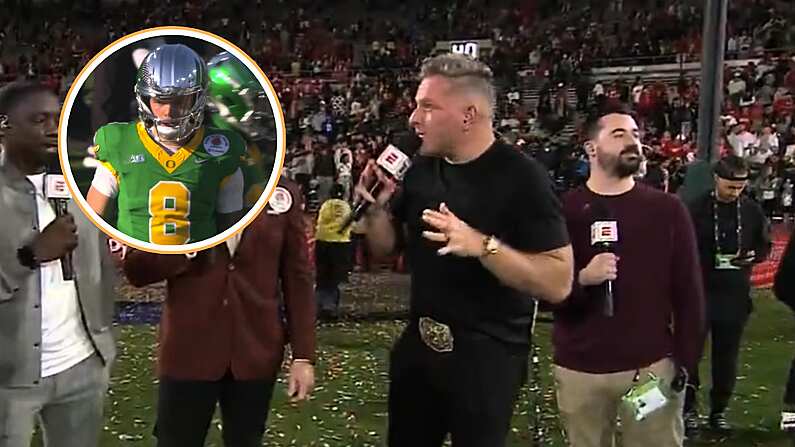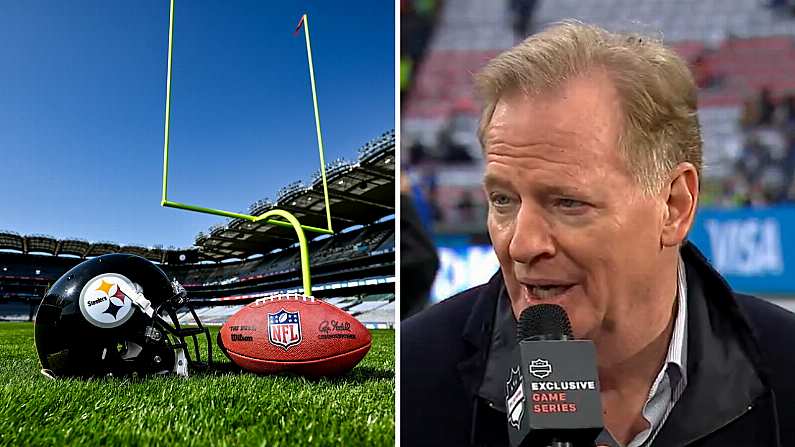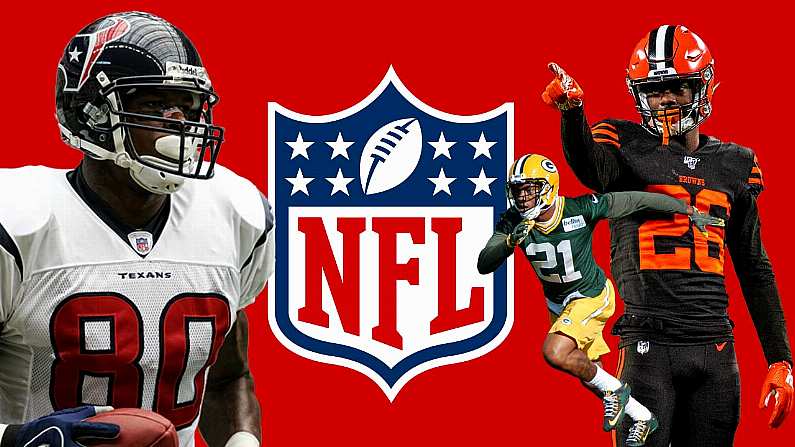If you’re a Netflix subscriber, you’re aware of their original hit show GLOW, the second season of which just dropped. What you may not be aware of though, is that the show, starring Alison Brie and Marc Maron, is loosely based on a true story.
Gorgeous Ladies Of Wrestling was the first ever all-women's wrestling promotion in the US, and originally ran from 1986 to 1992, and has gone through a number of revivals since then.
The pilot, which was filmed in December 1985, gives you a taste of what the show is like. It’s a long way from the polished WWE programming you would see these days on Sky Sport. It’s dated and utterly bizarre, but I would be lying if I didn’t admit that I wish I had been around at the time to see it. As a wrestling fan you can appreciate the bonkers nature of it all, whereas people outside the subculture will just think it’s, well, bonkers.
The show was, to put it mildly, not politically correct, but then again professional wrestling as a whole has always been that way, reaching for the base stereotypes whenever possible. That’s not to excuse how the programme portrayed women, but it wasn’t the first promotion to air sexist content on television and it certainly won’t be the last either.
GLOW: A Trail Blazer For Women's Wrestling?
What GLOW did do, however was give a platform to female wrestlers that had never existed before then. While many of the women who went into it were looking to get into show business, it opened other doors they may not have expected to walk through. Lisa Moretti, for instance, would go on to become known as Ivory in the WWF during one of its most successful periods, the Attitude Era.
Moretti, who performed under the name Tina Ferrara, talked about arriving for a casting call in an interview for a 2012 documentary on the promotion:
“We really kind of didn’t know what the hell we were doing. I think that some girls were there because they wanted to be in TV.”
The brainchild of David McLane, the goal of GLOW was to cast attractive women who were rank amateurs in the wrestling game and train them for six weeks before putting them on television. Mando Guerrero, brother of the late Eddie Guerrero, trained them initially, while Sylvester Stallone’s mother Jackie also came on board as the kayfabe owner of the company.
Chavo Guerrero Jr., Eddie's cousin, is a 'fight coordinator' for the show's cast and even appears in an episode towards the end of the series along with fellow former WWE wrestler Carlito.
McLane was successful in selling the product to 30 television markets within the US as well as six other countries by offering the simple formula of sex, violence and comedy. Featuring skits and rapping to go with the in-ring action, it soon became a hit. The show had incredible potential, but an unforeseen incident put the whole thing in jeopardy.
Meshulam Riklis, who owned the Riviera Hotel and Casino where GLOW shows were held on the Las Vegas Strip, decided to pull his support from the promotion. It was rumoured that Riklis allegedly had affairs with some of the wrestlers and his wife threatened to divorce him unless he stopped hosting GLOW shows at the venue.
It was a devastating blow for the company, and even though McLane attempted to continue on without a backer, they would go out of business by 1992.
GLOW would live on in cult status, however, and was even bought up by former wrestler Ursula Hayden, otherwise known as Babe the Farmer’s Daughter, in 2001 so she could sell memorabilia and merchandise on its website. Reunions took place in 2012 and 2014, showing that fans still had a passion for the iconic wrestling federation.
The legacy it left was massive, with promotions such as Women of Wrestling and Shimmer following in its wake. While it never experienced the sustained success of WWE, GLOW came and went like a flame, blazing a trail that was as spectacular as it was short-lived.

